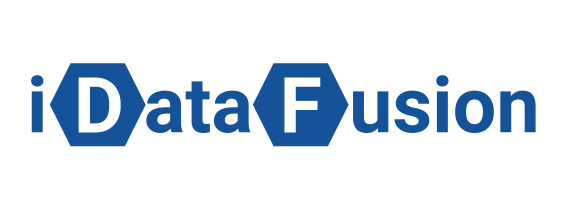NEWS
Google to Disable Third-Party Cookies for 1% of Chrome Users in Q1 2024. Preparing for a Cookieless World.

Picture by Tumisu
In an effort to prioritize user privacy, Google has revealed its intentions to disable third-party cookies for a small percentage of Chrome users, commencing in the first quarter of 2024. This move aligns with Google's commitment to addressing privacy concerns while still supporting the advertising ecosystem. By eliminating third-party cookies, Google aims to provide users with greater control over their personal information while exploring alternative privacy-focused solutions for advertisers.
Google's decision to disable third-party cookies is set to trigger a paradigm shift in the digital advertising landscape. With third-party cookies being a primary method for targeted advertising and user tracking, this move will force advertisers and publishers to rethink their strategies. The change will require the industry to explore alternative approaches to achieve personalized targeting, measurement, and ad effectiveness. It presents an opportunity for innovation and the development of new privacy-conscious advertising technologies.
As Google prepares to disable third-party cookies, the company is aware of the potential impact on the digital advertising ecosystem. To ensure a smooth transition, Google plans to conduct a limited test by disabling cookies for 1% of Chrome users. This trial phase will provide valuable insights and feedback before rolling out the changes to all users. Advertisers and publishers are advised to proactively adapt to this evolving landscape by exploring privacy-compliant solutions and refining their strategies for a future where personalized advertising can coexist with user privacy.
With the impending disablement of third-party cookies, tracking user behavior becomes a challenge for marketers and businesses. However, alternative methods exist to gain insights into user behavior while respecting privacy concerns. One approach is to focus on first-party data by leveraging tools such as customer relationship management (CRM) systems, email marketing platforms, and loyalty programs. By encouraging users to willingly provide their information through opt-ins, businesses can establish direct relationships and collect valuable data for personalized marketing campaigns.
Another effective strategy is to implement privacy-friendly tracking technologies like server-side tracking and contextual targeting. Server-side tracking enables businesses to gather data directly on their servers without relying on cookies. Contextual targeting involves analyzing the content and context of a webpage to deliver relevant ads without relying on individual user data. These methods allow marketers to continue delivering personalized experiences while respecting user privacy and complying with evolving regulations.
By adopting these alternative approaches, businesses can navigate the changing landscape of user behavior tracking and maintain effective marketing strategies in a post-third-party cookie era.
Google's decision to disable third-party cookies is set to trigger a paradigm shift in the digital advertising landscape. With third-party cookies being a primary method for targeted advertising and user tracking, this move will force advertisers and publishers to rethink their strategies. The change will require the industry to explore alternative approaches to achieve personalized targeting, measurement, and ad effectiveness. It presents an opportunity for innovation and the development of new privacy-conscious advertising technologies.
As Google prepares to disable third-party cookies, the company is aware of the potential impact on the digital advertising ecosystem. To ensure a smooth transition, Google plans to conduct a limited test by disabling cookies for 1% of Chrome users. This trial phase will provide valuable insights and feedback before rolling out the changes to all users. Advertisers and publishers are advised to proactively adapt to this evolving landscape by exploring privacy-compliant solutions and refining their strategies for a future where personalized advertising can coexist with user privacy.
With the impending disablement of third-party cookies, tracking user behavior becomes a challenge for marketers and businesses. However, alternative methods exist to gain insights into user behavior while respecting privacy concerns. One approach is to focus on first-party data by leveraging tools such as customer relationship management (CRM) systems, email marketing platforms, and loyalty programs. By encouraging users to willingly provide their information through opt-ins, businesses can establish direct relationships and collect valuable data for personalized marketing campaigns.
Another effective strategy is to implement privacy-friendly tracking technologies like server-side tracking and contextual targeting. Server-side tracking enables businesses to gather data directly on their servers without relying on cookies. Contextual targeting involves analyzing the content and context of a webpage to deliver relevant ads without relying on individual user data. These methods allow marketers to continue delivering personalized experiences while respecting user privacy and complying with evolving regulations.
By adopting these alternative approaches, businesses can navigate the changing landscape of user behavior tracking and maintain effective marketing strategies in a post-third-party cookie era.
If you need help in setting up serveside tracking
just let us know
just let us know
CASE STUDIES
CONTACT US
Drop us a note and we'll get back to you within a day
